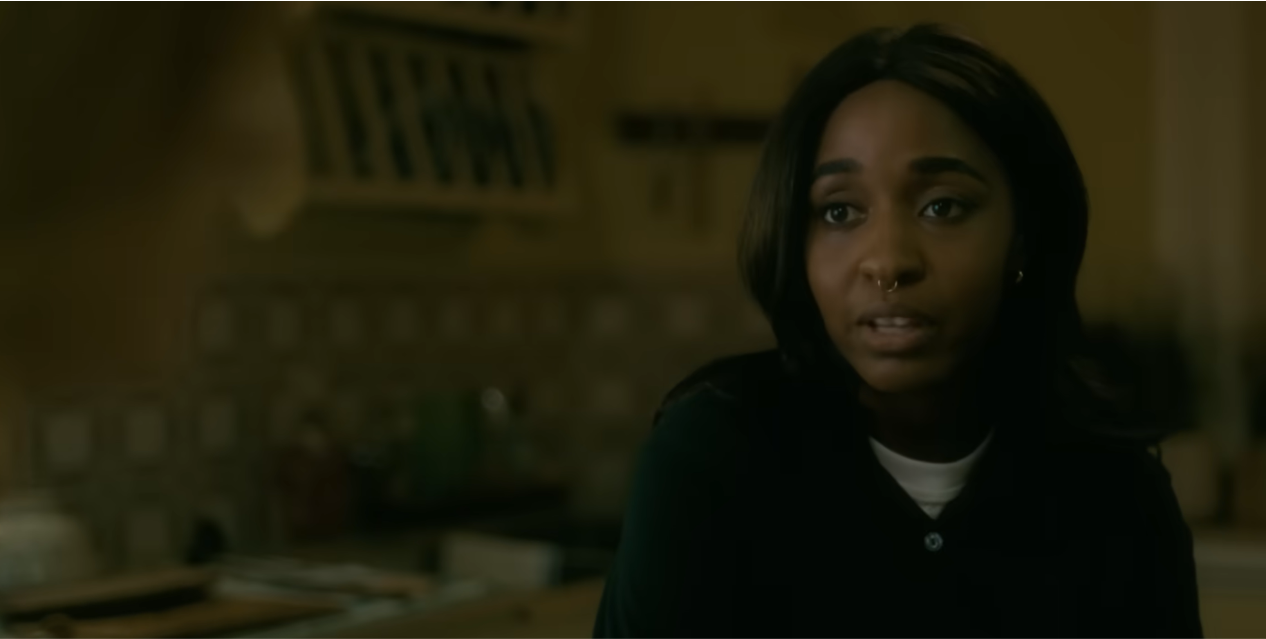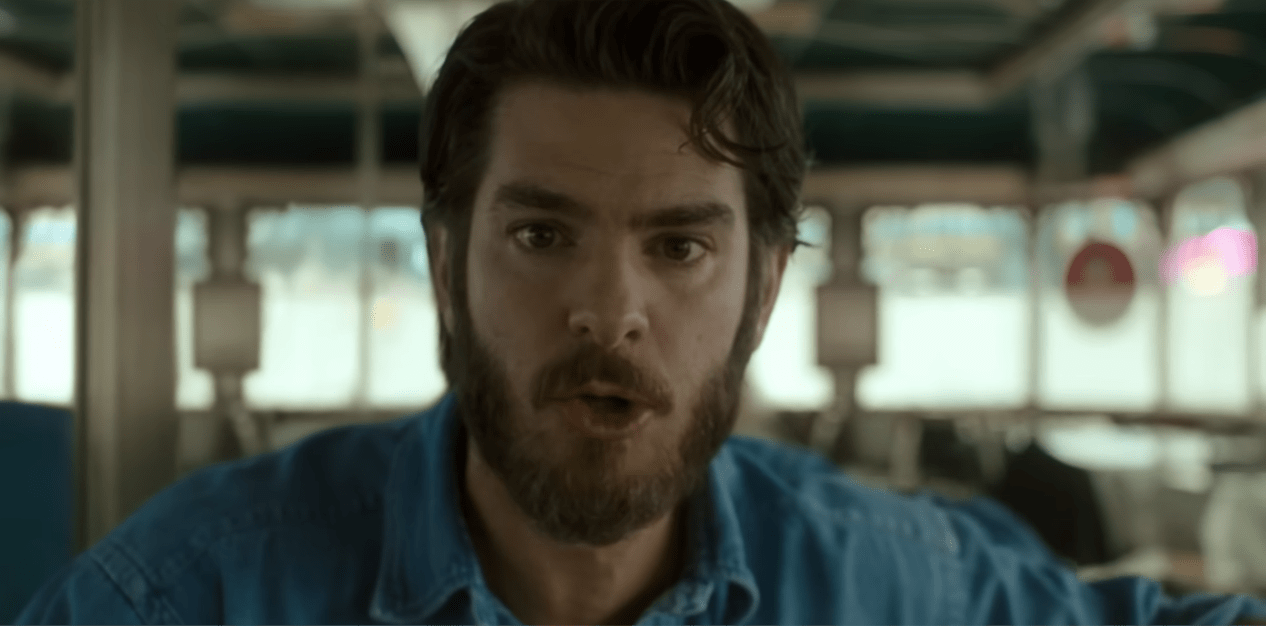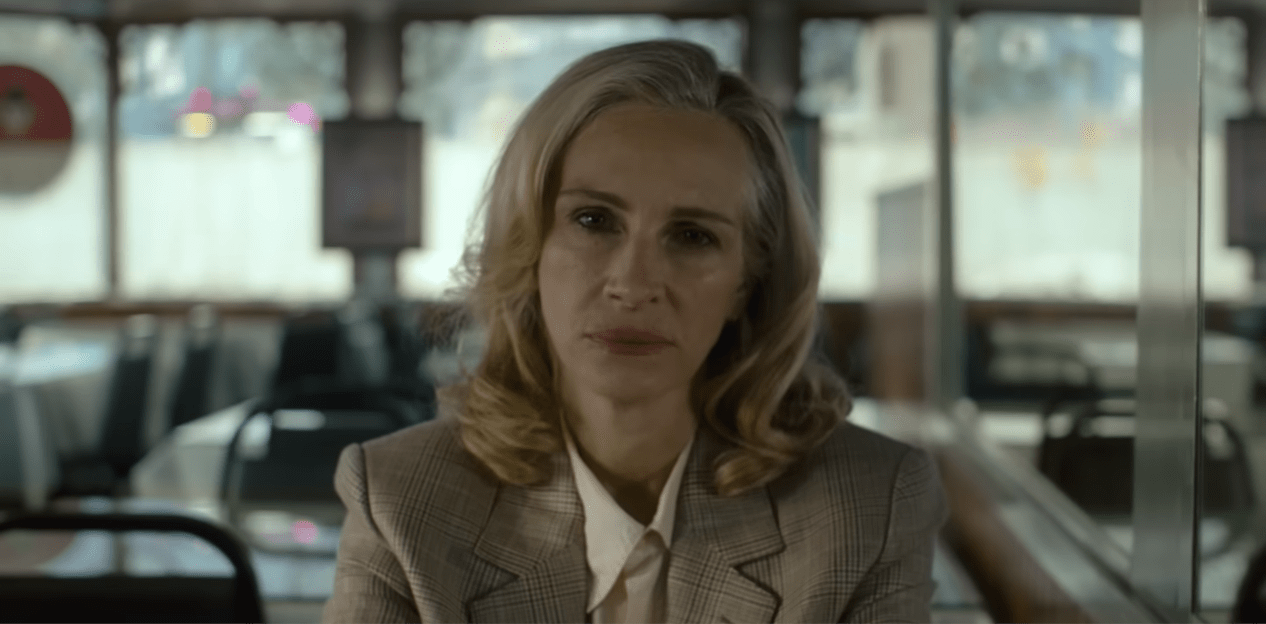Helmed by Luca Guadagnino, ‘After the Hunt’ presents a campus psychological drama following Alma Imhoff, a well-admired professor at Yale University. However, her life turns upside down when her protege, Margaret “Maggie” Resnick, claims that she was sexually harassed by Henrik Gibson, Alma’s colleague and friend. Trapped in a moral morass, the protagonist struggles to pick a side as both sides present a vastly different account of what transpired. Eventually, the focus also falls on Alma, and a complicated past that she has been trying to bury her entire life. The movie brings a nuanced and sensitive perspective on the subject of sexual abuse, with each narrative layer shining light on the different social elements that often play a part in obfuscating the truth.
After the Hunt’s Story is Informed by the #MeToo Movement and Its Social Impact
According to writer Nora Garrett, who penned the story of ‘After the Hunt,’ the narrative of what happened to Maggie is not inspired by one specific case of sexual abuse. While it is possible that the movie serves as a composite of several true stories, the writer explained in a conversation with Vanity Fair that her primary interest was in mapping the social and cultural aftereffects of the #MeToo movement. To that end, the movie’s events are set in the years following the real-life campaign against sexual abuse and harassment. Speaking to Marie Claire, Garrett added that her lived experiences were also an influence on the script, stating “that these things—Brock Turner and UVA and the #MeToo movement—all really started occurring when I was in my mid- to late-20s. I had experiences prior that probably would’ve been very different, had I been able to have the understanding, reckoning, and language that #MeToo really supplied us with.”

Garrett reportedly wrote the first draft of the screenplay during a 12-week writers workshop and drew inspiration from the competitive world of academia, describing it as the perfect setting for the complex subject matter. In her interview with Vanity Fair, she brought up the idea of potential gray areas that are common to the discourse surrounding sexual harassment, before explaining her views on how power imbalances can often curtail justice. She commented on how power has the ability to cloud narratives, stating that “those within power are insulated from consequences, and those without it are often naked to consequences.” As such, the relationship between truth and power became central to her work on the movie, with an emphasis on how the younger generation now has a more empowered consciousness about the subject.
The Team Behind After the Hunt Brings in a Layer of Authenticity to the Narrative
Alongside the screenplay, the actors’ portrayal of these complex characters also plays a significant role in adding authenticity to the story and its moral and ethical quandaries. When asked about the narrative ambiguities, actor Julia Roberts, who essays the role of Alma Imhoff, told Stylist, “the refreshment part of the experience was Luca and his approach to storytelling. I never felt like we were playing ambiguous or mysterious people; we were just playing the moment and the truth for each person.” Roberts continued detailing the nuances of the performances involved and brought up how each secret unraveled had an organic effect on the narrative. The result was a consistent blend of firmness and uncertainty, which could not have been achieved with simple premeditation. As such, the synergy between the creative team helped make the intense tale more believable.

The sentiment was also echoed by director Luca Guadagnino, who told Deadline that the idea of the movie is reliant on unraveling a character’s inner truths. Going a step further, he spoke about the individuality of truth before cautioning on how imbalance can cause one account to outweigh another. Continuing the discussion on his intent with the work, Guadagnino distinguished between a statement and a balanced portrayal, the latter of which emphasizes bringing all the elements to life rather than making a judgment. Actor Ayo Edebiri, who plays Maggie in the movie, spoke to Refinery about her real-life experiences and how they impacted her performance. Dialing back to her college life, the actor explained that her experience in an institution with predominantly white students helped her understand the value of community and finding one’s safe space. These lessons serve as cornerstones for the film’s narrative, not only adding to the range of themes it touches on but also to its overall depth.
Read More: Is Chad Powers a True Story? Is Russ Holliday Based on a Real Football Player?


You must be logged in to post a comment.